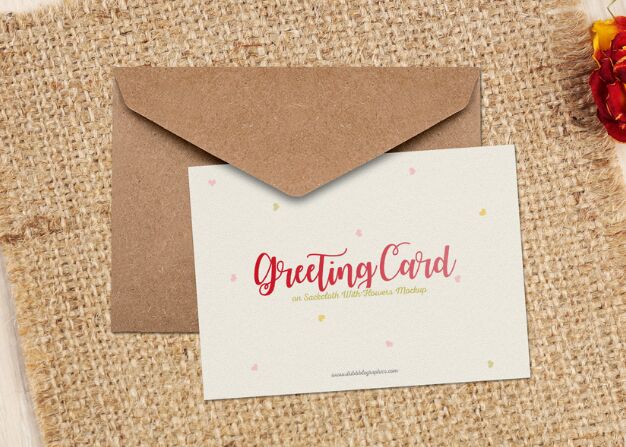
Life Lesson on Aisle 5
Have you ever spent $30 on greeting cards?
Last week I was in my local Safeway, picking up the three things my son will eat. I was distracted, I was wandering. It had been a rough month; actually, a rough six months. A close friend of mine—a brilliant woman I met when I was 25, in my first grown-up job—was sick. More specifically, she had a rare cancer that had been diagnosed at Stage IV. She was 43. I was devastated and outraged that someone I loved and admired had to face this. It seemed so wildly unfair given the state of the world (childhood poverty, climate change, Mueller, nuclear war, immigration, Mueller). How could a young, whip-smart, caring, hard-working person be facing a terminal illness?
And given my own cancer history I felt it even more than I could have imagined. One of her chemotherapy drugs was one that I had received; some of her symptoms were those I had experienced. I did everything people had done for me, and tried to do more. I tried to listen and reassure her. But at some point every cancer story branches off into its own track. We start together from one point, with this one word—cancer—and then we go our own way. And I felt helpless. Me—a Stage IV survivor and speaker, and writer—was still speechless some moments when she asked me questions. I tried not to think about why I had found a clinical drug trial and she had not. I weighed my answers and tried to keep it light, keep her laughing. She had the driest sense of humor I had ever known.
And in the middle of witnessing this friend with cancer, another friend had cancer surgery and yet another found a lump in her breast—a recurrence. All of these women are under age 50. These are good women, who help and teach and live with compassion. I couldn’t absorb it. I could not see the path or the lesson. I looked up at the sky and said, “I don’t need any more lessons.”
But clearly I did. And the lesson was how to stay helpful and steady through the treacherous waters. I needed to be a mom and wife and a citizen and also be a friend and supporter and caregiver. And the part of me that wanted to scream and yell and pull the covers over my head had to yield to something more realistic. And that was humor.
Making someone laugh was an indelible part of my childhood. Coming up with a one-liner, or mimicking a surly check-out man at the grocery store, or quoting funny movie dialogue were just as important at our dinner table as the ability to discuss current events.
Back to the greeting cards. As I was wandering aimlessly amid the toilet bowl cleaners and paper towels, feeling way too many emotions for one person in a grocery store, I saw racks of greeting cards. Aisle 5: books, magazines, gift bags, greeting cards. I put down my basket and started reading. I opened one after the other, laughing more each time.
aimlessly amid the toilet bowl cleaners and paper towels, feeling way too many emotions for one person in a grocery store, I saw racks of greeting cards. Aisle 5: books, magazines, gift bags, greeting cards. I put down my basket and started reading. I opened one after the other, laughing more each time.
Squirrels, old ladies, fart jokes, talking vegetables, unicorns—everything was hilarious. Five minutes, ten minutes went by and I had tears running down my cheeks. My stomach hurt from the constant laughter. Strangers walked by and took side glances at me. I didn’t care. I tossed one card after the other into my basket. I imagined writing out each card, thinking about each person and their reaction opening this silly, silly card. When you don’t know what to say, send a funny card. That is my life lesson, born in the linoleum-lined, fluorescent-lit supermarket aisle. Send a funny card.
For those few minutes, my mind and body were lifted. I felt relief. I felt ready to get back to the front lines. I took a deep breath, wiped my eyes and a little snot from my nose, and headed for the check-out line.

“Have you ever spent $30 on greeting cards? Last week I was in my local Safeway, picking up the three things my son will eat. I was distracted, I was wandering. It had been a rough month; actually, a rough six months. A close friend of mine—a brilliant woman I met when I was 25, in my first grown-up job—was sick.”




Leave a Reply